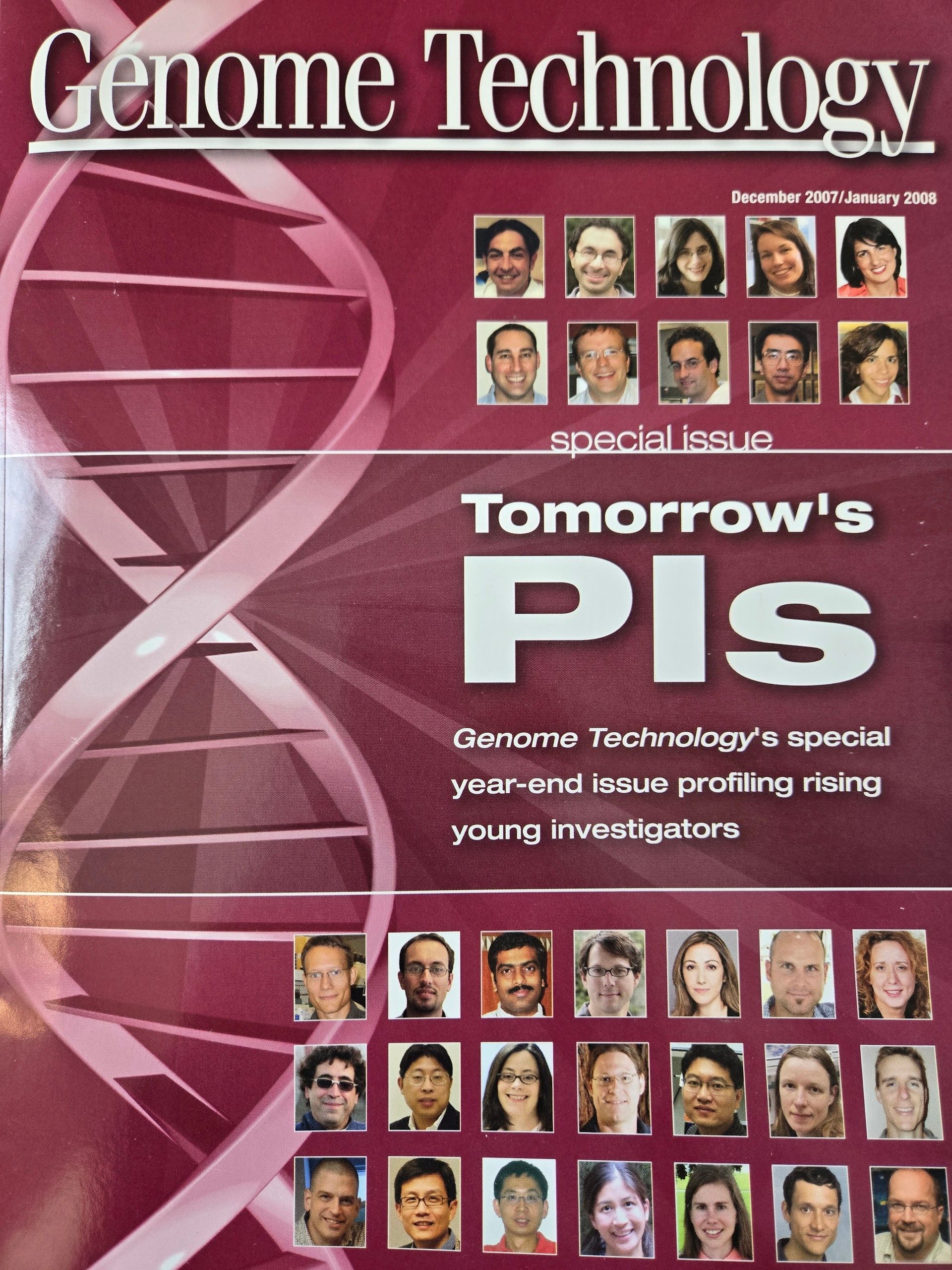- Salisbury's Take
- Posts
- $100 Million Grant Awarded for the Prevention of Infectious Disease Outbreaks
$100 Million Grant Awarded for the Prevention of Infectious Disease Outbreaks
Winners of the unique MacArthur Foundation grant competition are already helping to prevent pandemics
Before I get into today’s news, allow me to take a brief stroll down memory lane. More than 15 years ago I was working at a magazine for the genomics community, and one of my all-time favorite things we did there was to devote an entire issue every year to recognizing the up-and-coming scientists in the field. We’d ask the current leaders to tell us who they were keeping an eye on, and then we had the privilege of interviewing these rising stars and writing profiles about them. To this day, every time I see one of those scientists achieving something great, it’s a bit of a thrill.

So you can imagine how excited I am to report that one of those rising stars, Pardis Sabeti, is part of a team that has been awarded $100 million for a transformative infectious disease surveillance program. This award program is unique: the MacArthur Foundation, best known for its “genius grants,” began a grant competition to give this massive award to a single proposal. Known as the 100&Change program, it’s intended to provide the resources needed for lasting change. The award is given every four years.
This year’s winner is the Sentinel project, led jointly by Sabeti at the Broad Institute and Christian Happi at the Institute of Genomics and Global Health at Redeemer’s University in Nigeria. The effort aims to empower local communities with the tools and resources needed to detect infectious disease outbreaks early and prevent pandemics.
Sentinel already has a track record of success. The program has helped train more than 3,000 public health workers in nearly every country in Africa; with this multi-year award, the team aims to expand its efforts during the next five years.
In a statement announcing the news, John Palfrey, president of the MacArthur Foundation, said, “In a moment where investments in global public health are at risk, the Sentinel project will transform infectious disease surveillance and response through cutting-edge technology, global collaboration, and local empowerment.”
The Sentinel program uses advanced diagnostic technology to detect infectious disease pathogens and preempt larger outbreaks. The team builds novel tests with a rapid process to deploy them in the field faster. Paired with computational tools to monitor outbreaks as they happen, this allows public health workers at the community level to spot problems and formulate a response.
In her own statement, Sabeti said, “With this support, we can build a future where every community has the tools, knowledge, and power to detect and stop outbreaks before they spread. It’s an opportunity to show what’s possible when science, innovation, and a sense of solidarity come together to protect humanity.”
While all of the 100&Change finalists were worthy contenders, I’m really glad the foundation chose a program dedicated to reducing the impact of infectious diseases. A number of ongoing trends are increasing the risk of outbreaks and pandemics — from climate change to more people encroaching on wildlife habitats to frequent global travel — at the exact same time that we’re seeing shrinking vaccination rates. For pathogens, it’s something of a golden era. For humans, we’ve got to use every tool in the kit to prevent the spread of infectious diseases. In that context, the Sentinel project stands to have tremendous global impact for keeping people healthier.
Short Takes
Innovation in building teeny-tiny sensors has allowed scientists to tag monarch butterflies and track their seasonal migration across North America. This could help researchers understand not just these butterflies but also other flying insects including bees. Already, more than 400 monarch butterflies have been tagged.
As the granddaughter of a trucker, I appreciated this news: companies are rolling out new digital health tools designed to keep truck drivers healthier. This particular profession is associated with increased risk of obesity and diabetes, with few options to exercise and eat well.
From the ancient DNA world: scientists have analyzed RNA molecules from woolly mammoths. This is a really big deal. DNA is a very stable molecule, but RNA is only around as long as it’s needed, degrading quickly once its work is done. The ability to study ancient RNA could help us learn much more about extinct species.